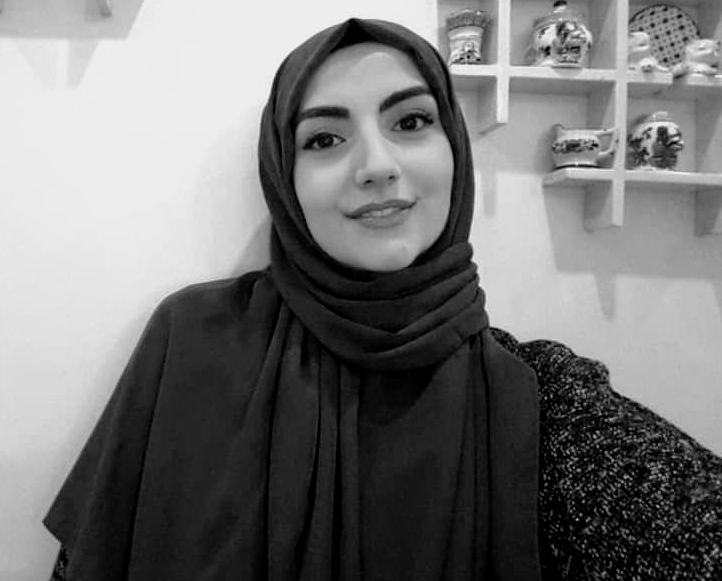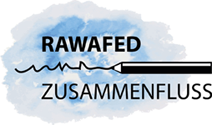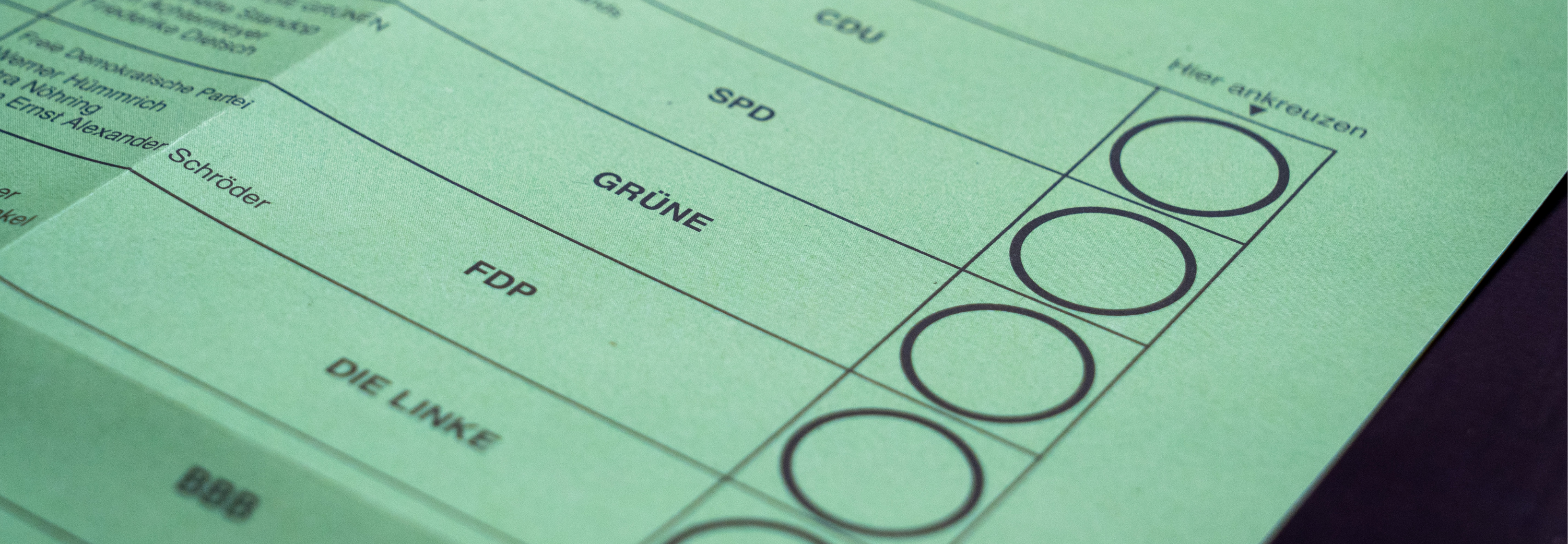Inspiring a Generation
I´m Rumeysa from Turkey and this summer I decided to collect stories of powerful women. The first woman I interviewed in this series is Hawa. Hawa Hussaini is from Afghanistan, a country in which female students could not attend school and women were banned from working because of the Taliban. But she kept fighting for herself and for others teaching women's rights. Today, she is 64 years old and full of energy and joy, still giving her knowledge to others through teaching Farsi.
Can you tell us a bit about your life?
I was born in Afghanistan. When I turned two we moved to another city called Baglan. My father used to work in a sugar company. We moved to Kabul when I was 6 years old because my mother was sick and needed go to the doctor there. In Kabul, I went to school until I was 17 years old. Then I started university, my major was biology. After two years though I got married and quit university. The marriage was not my choice. My father forced me to marry my cousin. After that I spent my time at home, raising the kids and doing the household. My husband was an uneducated person, he couldn't read and write, nor
would he have been satisfied with me working. He was a driver of big vehicles and transported oil. That ́s why he earned a good amount of money, which allowed us to live in good financial situation. So, in his eyes it wasn't necessary for me to work.
How did it make you feel?
I took care of my children and I was fine with that. Also I was happy the kids lived a good life because I could take care of them. My daughter is a veterinarian now and my son used to be a headteacher in a school.
How did you start to work?
When the Taliban attacked Afghanistan and my husband couldn't work that much anymore we were in financial need of a second salary.
What did you do?
I used to work 12 hours in a day. Four hours a day I was teaching in a school, another four hours I supported women in learning how to write and another four hours I was teaching yet another group of women how to sew. I also had a class in which we were talking about human rights and women's rights. Moreover, I used to go to a radio station where I was reading the news and a program for children - since I studied biology also programs about agriculture.
That's a whole lot of teaching! Before Taliban attacked Afghanistan your husband wasn't satisfied with you working. How did your husband get along with you taking on all these activities?
Well, because my husband couldn't work anymore he didn't say anything about it. I had to work to get money for our family. At that time I was working 12 hours a day my husband was helping me at home.
If money hadn't been an issues, would he have still allowed you to work?
No, quite likely not. Now, after all these years I am not working for money anymore. I am working voluntarily. My husband is very happy now that I work. Also, at that time in Afghanistan he was very supportive as I was working for women of Afghanistan supporting them in knowing their rights.
So he did support you despite the initial reluctance.
Yes, he did. And I remember, he was staying behind the door and listening to me while I was teaching in the courses about their rights.
Why women's right?
After the Taliban came down, the global human right organizations had offered to me to do this job; to teach women older than sixteen years old how to write and read accompanied by teaching them about their rights in society. Also, the other course on sewing was an offer from these global human right organizations.
You were so active in your work life. What are you doing these days? Did anything change?
I am still teaching. Now I am teaching Farsi to a group of German people. There are 9 people in this group. Teachers, doctors, lawyers, kindergarten teachers... Twice a week. Each day, we do one and a half hours.
What drives you? What was your goal then and what is your goal now?
Before, my goal was to make women aware of their right, especially women who weren't allowed to go to school to study and who were living in small towns. Now, my goal is to teach Europeans Farsi. Because it helps both sides to better understand each other.
You have spent your life teaching other women. What would you tell women who are struggling?
What I can say to all women: we have to know and stand up for our rights. I couldn't get married to someone I love. I married by the will of my parents. That's why I allowed my kids to choose the person they will marry. Knowledge is power and it's important to pass it to the new generations.
Thank you so much for sitting down with me and sharing your thoughts.
It was my pleasure. Thank you so much for having me.

Rumeysa macht derzeit ihren BA in Soziologie an der Abant Izzet Baysal University. Für ihr Studium kam sie nach Berlin, um für RawafedZusammenfluss Geschichten über starke Frauen zu sammeln. Du bist oder kennst eine Frau, die sie portraitieren sollte? Erzähl ihr davon: r.yalazan@offensiv91.de
Rumeysa is currently doing her BA in Sociology at Abant Izzet Baysal University. For her studies she came to Berlin to support RawafedZusammenfluss by collecting stories of powerful women. You are or know a powerful woman that should be portrayed? Tell her via r.yalazan@offensiv91.de









